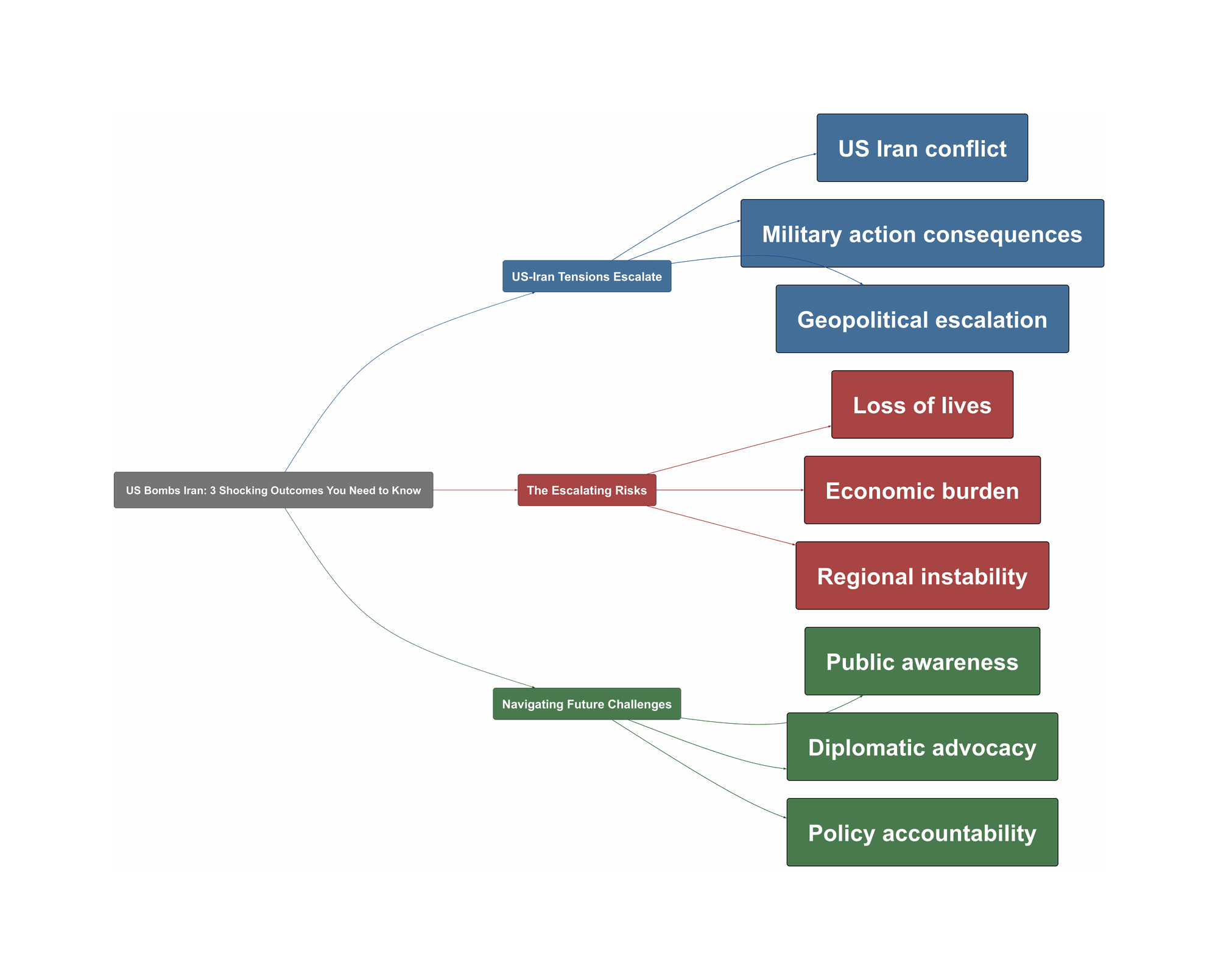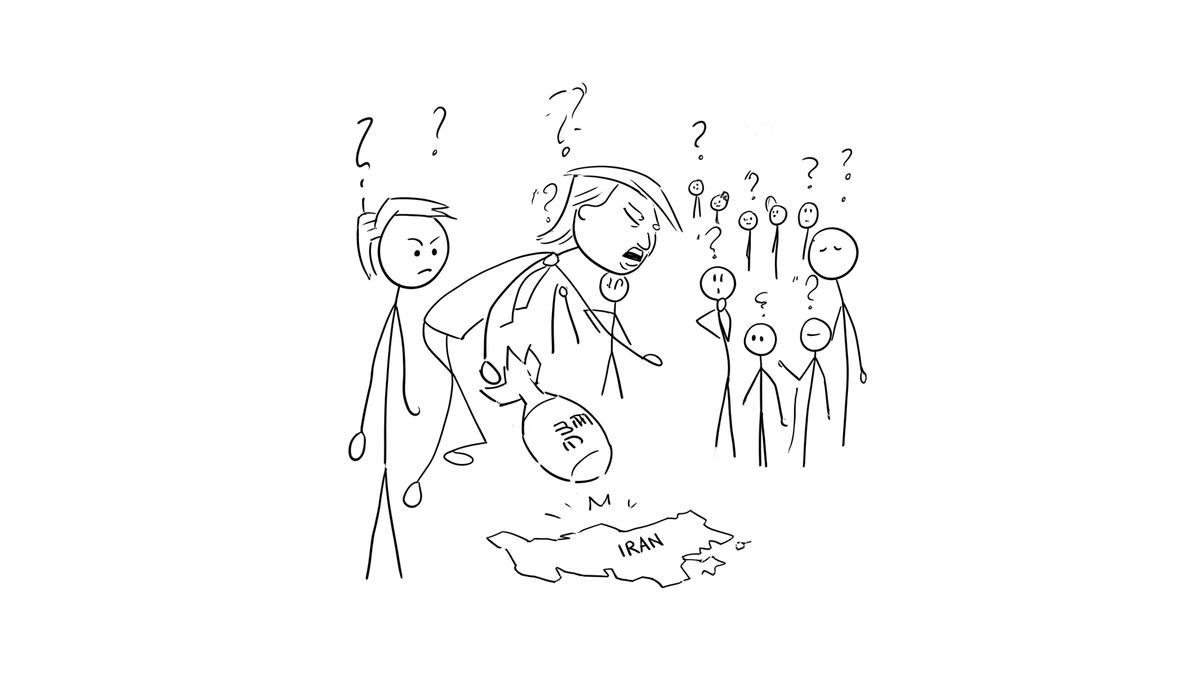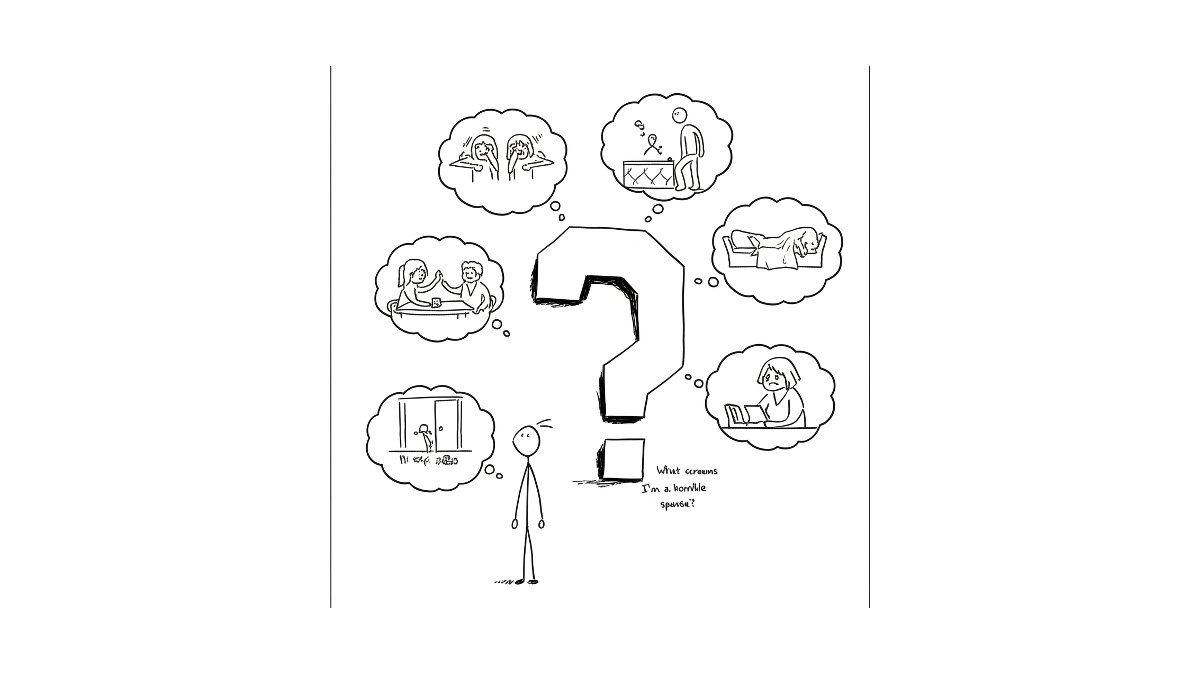Has news of escalating global conflicts left you feeling uneasy or uncertain? Recent headlines about US military action in Iran have sparked widespread concern among citizens. What do these dramatic developments truly mean for us, for the global stage, and for our collective future? Many people are now asking difficult questions about the true costs and potential consequences of such actions.
US-Iran Tensions Escalate
Furthermore, the United States recently conducted airstrikes on major facilities inside Iran. This marks a significant and dangerous escalation in geopolitical tensions. Indeed, this action is the first time since the 1979 Iranian revolution that the US Air Force has struck such targets. Many experts describe this unilateral move as a direct act of war, undertaken without clear Congressional approval.
“The attack on the sites marks the first time since the Iranian revolution, in 1979, that the United States has sent its Air Force to strike major facilities inside the country, an act of war.”
However, public sentiment in the US often strongly opposes military intervention. Many citizens express a deep desire to avoid further wars in the Middle East. People widely prefer diplomatic solutions and peaceful resolutions over armed conflict. This broad public opinion highlights a clear disconnect between policy and popular will.
“We, the American people, do not want to go to war with Iran.”
The Escalating Risks
Consequently, such military actions carry severe potential complications for everyone involved. The immediate risk involves swift Iranian retaliation against US assets and personnel abroad. This could easily lead to further military skirmishes and the tragic loss of American lives. Furthermore, a literal worst-case scenario involves the closure of the Strait of Hormuz. This critical international waterway is vital for global oil shipments.
“Worst case, boots on the ground, American lives are lost, Iran retaliates somewhere else via terrorist attacks.”
Moreover, critics consistently highlight the stark financial implications of prolonged war. Military contractors and their stockholders often profit immensely from these conflicts. Meanwhile, vast public funds are diverted from essential domestic needs like universal healthcare. This creates a painful contrast between military spending and citizen welfare.
“The U.S. will kill people, groups will hate us even more, Iran will become destabilized, more people will die, nothing but death, and rinse and repeat. But, thank God we spend money on bombs but not universal healthcare.”
Navigating Future Challenges
Therefore, understanding these potential outcomes becomes crucial for every citizen. Informed individuals can demand accountability from their elected leaders. They can actively advocate for peace and robust diplomatic engagement. Focusing on long-term strategic thinking is also vital for national security. Short-sighted conflicts can inadvertently benefit rival global powers, like China.
“In the long run: this helps China. US is refighting 20th century wars while China is executing plans to control the 21st and 22nd centuries.”
Additionally, public pressure can significantly influence policy decisions. People can support initiatives that prioritize human lives over military profits. They can also push for Congressional approval before engaging in acts of war. Ultimately, collective awareness and decisive action can help steer nations towards a more peaceful and prosperous future.




